Buñuel in Mexico
Programmed by: Jack Miller
Though the Spanish-born Luis Buñuel is widely (and rightly) regarded as one of the key figures of the cinema, most retrospectives of his work to date have focused on his riotous early Surrealist experiments and on his celebrated French arthouse classics. Far more neglected are the films Buñuel made during his sojourn in the Mexican commercial cinema of the 1950s, works which remain equally scathing and uncanny, albeit in more implicit and wickedly insidious ways. Buñuel’s Mexican cinema stubbornly resists any appeal or concession to international film festival audiences, retaining a distinctive regional flavor as well as the cantankerous spirit of a great author, which may help explain why most of these films have (thus far) mysteriously eluded canonization. As the late critic Adrienne Mancia pointed out in 1976, each of Buñuel’s Mexican films “reveals something of his private obsessions, his incisive observations, his penetrating wit and black humor, his exasperation with human folly and pettiness, and his ever-rebellious attitude toward bourgeois morality.” This electrifying middle period in Buñuel’s career contains some of the most perverse and enigmatic masterpieces of classical Mexican cinema and represents a crucial step in the filmmaker’s artistic development. This small tribute will showcase some of the finest and most enduring works of that era alongside some lesser-known rarities which have not been seen on Chicago screens in many years. It will begin with a double feature of two landmark works from the 1960s which would become the filmmaker’s grand farewell to filmmaking in Mexico.
Simon of the Desert / The Exterminating Angel (1965 / 1962)
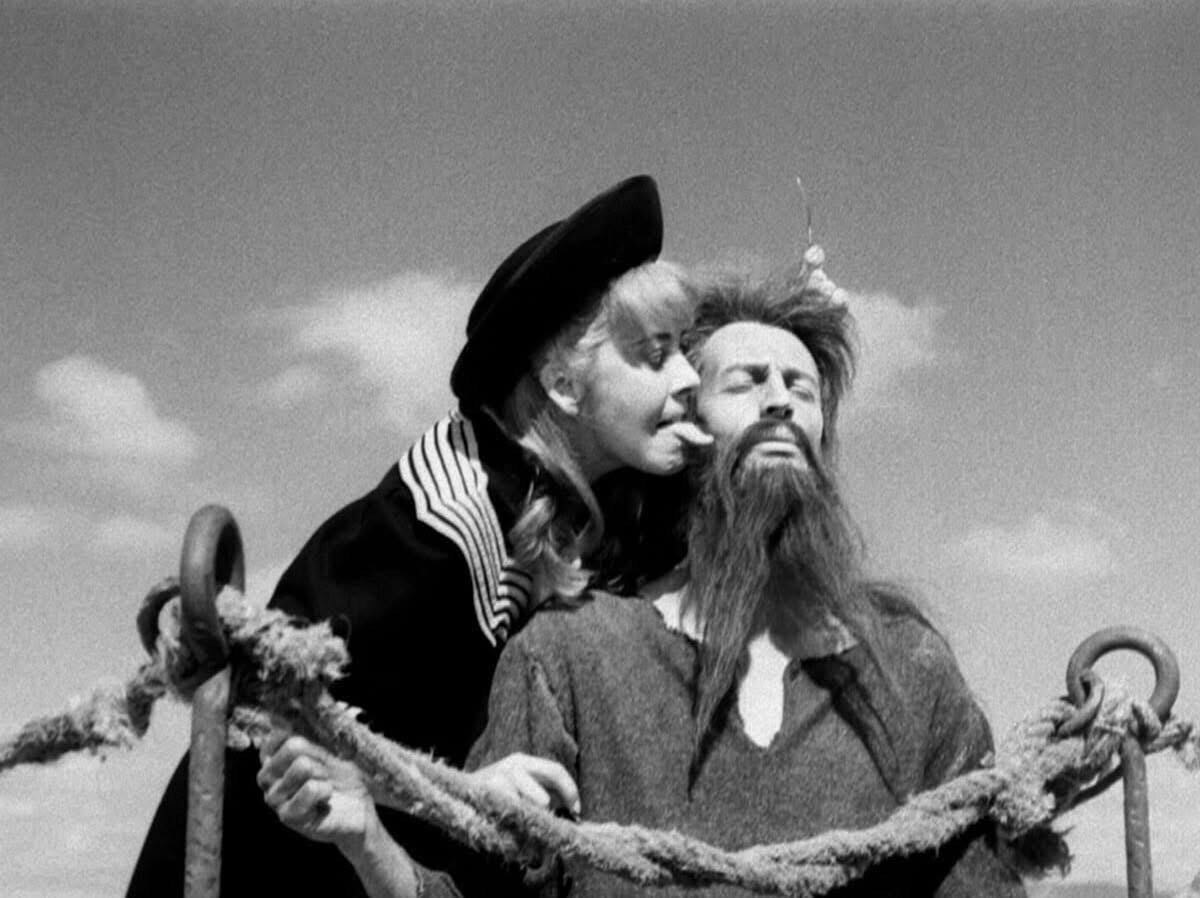
Luis Buñuel · 45m / 93m · 35mm / DCP
Buñuel joined the likes of Antonioni and Resnais in creating one of the high achievements of film modernism in the early 1960s. This smilingly malicious satire on bourgeoise hypocrisy and morality about a group of dinner party guests unable to exit the host’s drawing room acquires the contours of an eloquent riddle devoid of an answer. Preceded by Simon of the Desert, a comic parable about a saintly hermit tempted by the devil (who comes in the alluring form of Silvia Pinal). It remains one of Buñuel’s funniest and most ferociously carnal works, as well as his farewell to filmmaking in Mexico.
Print courtesy of the Academy Film Archive.
Tuesday, September 30 7:00 PM
Nazarín (1959)
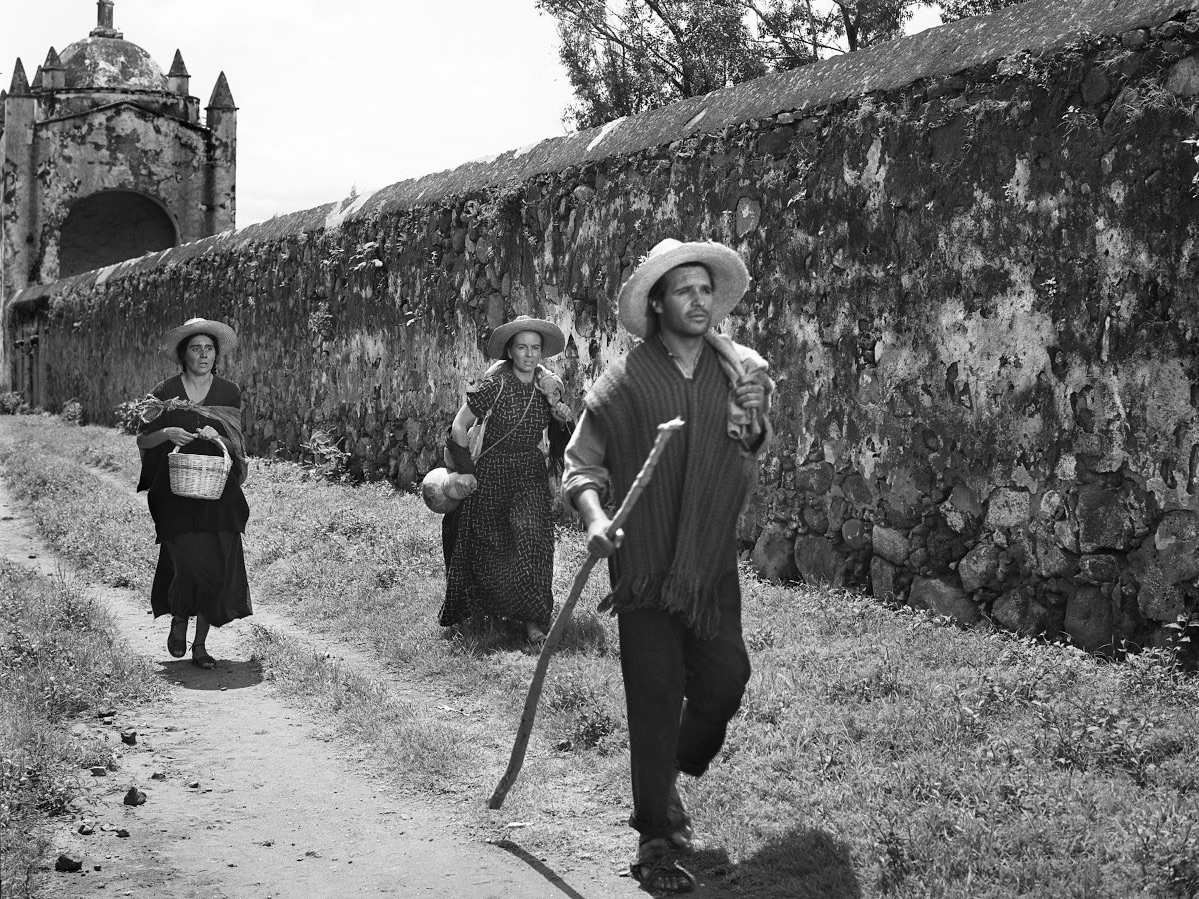
Luis Buñuel · 94m · DCP
At once wickedly satirical of Christian folly and deeply reverent of the priesthood, this celebrated work anticipates the internationalism of Buñuel’s late period while remaining firmly invested in the Mexican landscape. One of the filmmaker’s most impressive collaborations with the great cinematographer Gabriel Figueroa, the film deals with a priest’s self-exile after providing refuge to a murderer.
Tuesday, October 7 7:00 PM
Él (1953)
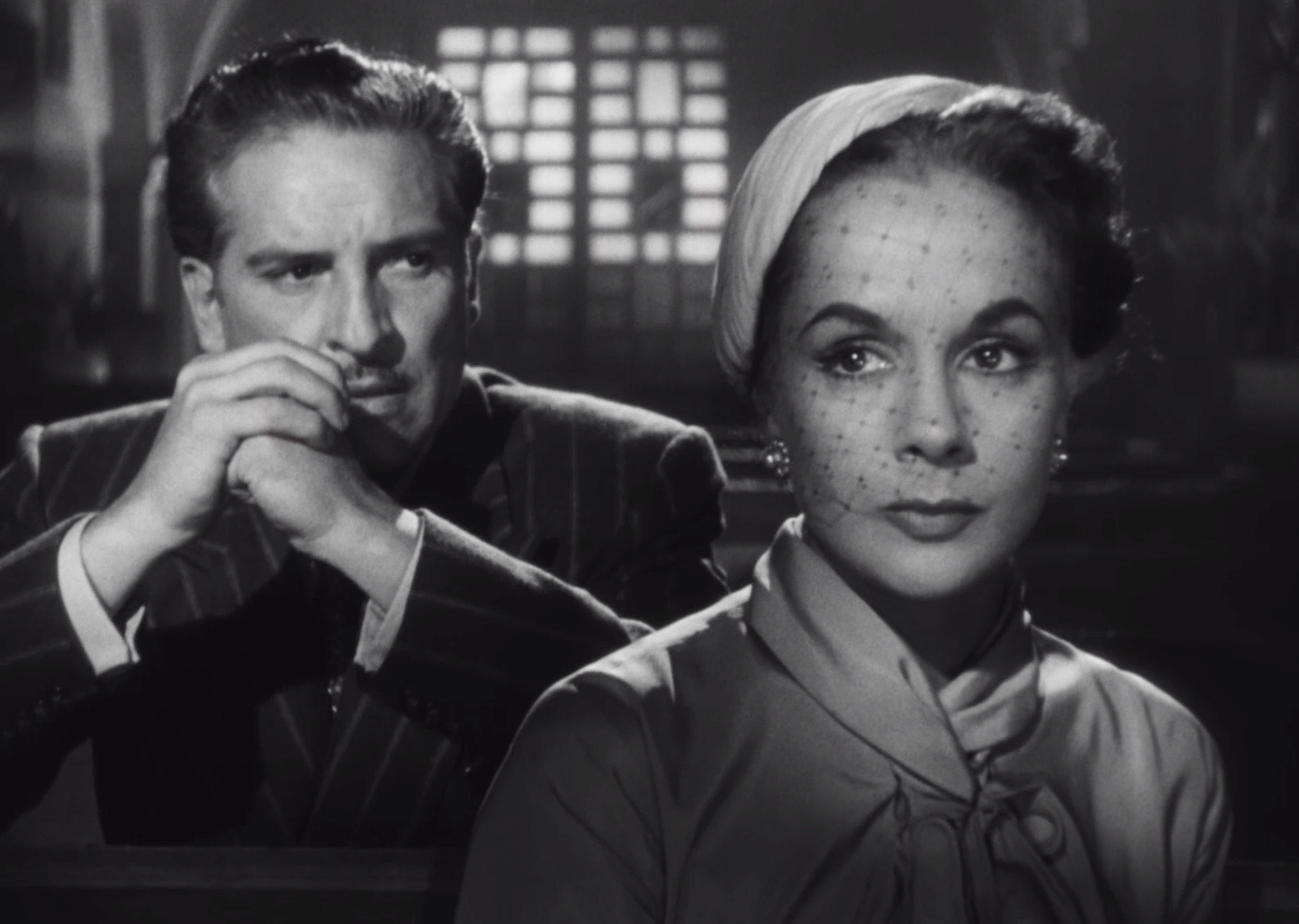
Luis Buñuel · 92m · DCP
This nightmarish account of delirious paranoia in a jealous husband (Arturo de Córdova) remains one of the filmmaker’s most tensely narrated and utterly disquieting works. Anticipating Hitchcock’s Vertigo in several respects, the film was shown by Lacan to his students as an example of mental disorder, and it belongs among cinema’s most profoundly blasphemous works.
Tuesday, October 14 7:00 PM · Saturday, October 18 5:00 PM
Illusion Travels by Streetcar (1954)
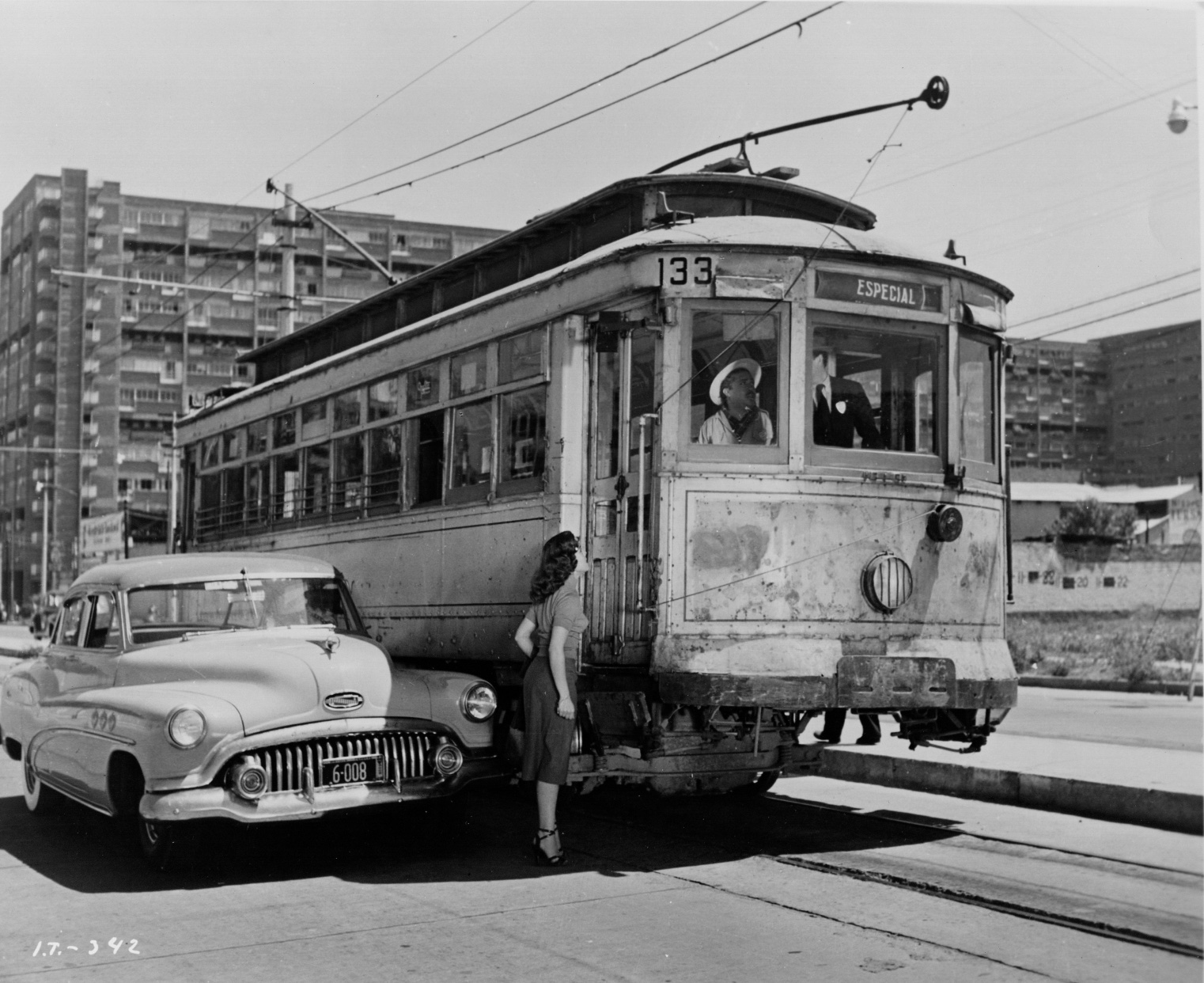
Luis Buñuel · 90m · 35mm
Though it’s often been relegated to a minor status in Buñuel’s filmography, this genial folk comedy about a drunken night on a streetcar offers viewers a rare chance to see the filmmaker’s rich vein of humourism in a more relaxed and sentimental light, while also doubling as a document of midcentury Mexico City. The inspired performance of Lillia Prado and a neighborhood performance of Paradise Lost are among the highlights of this “prodigiously simple” work — Buñuelian mise-en-scène at its most economical.
Tuesday, October 21 7:00 PM · Saturday, October 25 4:00 PM
The River and Death (1954)
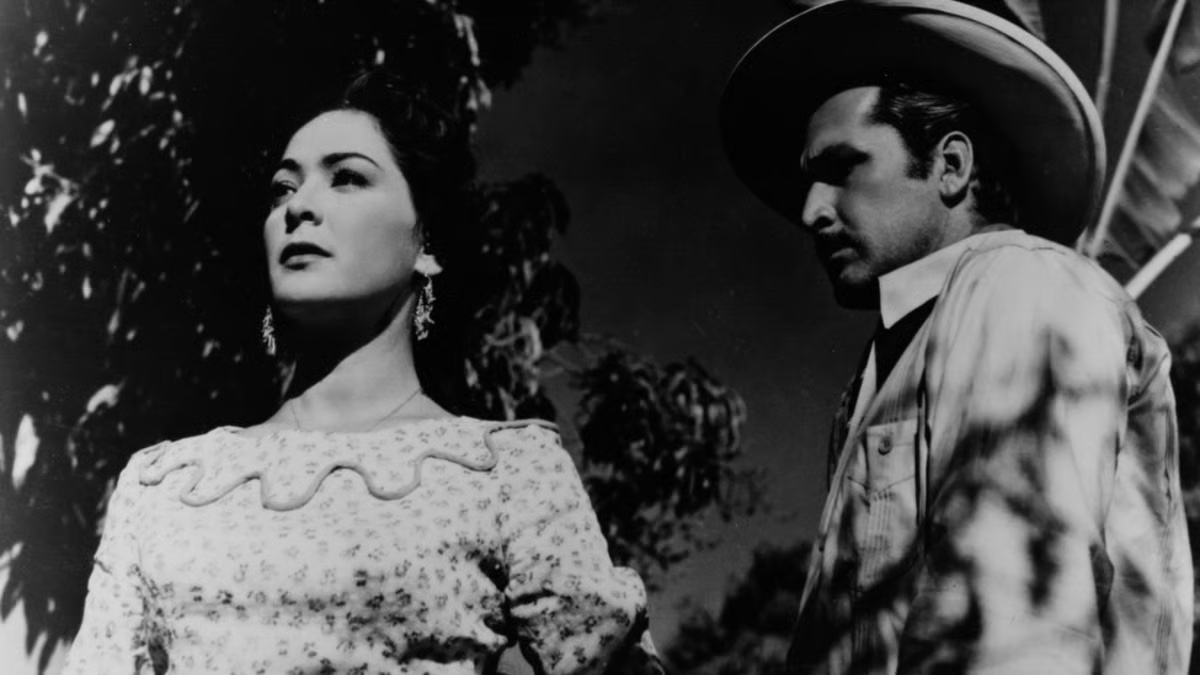
Luis Buñuel · 91m · DCP
This rarely screened work about a generational blood-feud between two families in a Mexican pueblo stands as perhaps the closest Buñuel ever came to making a Western. Buñuel’s habitual interest in death comes through strongly in this sober attack on archaic customs which doubles as an examination of the Mexican peasantry.
Materials courtesy of the Filmoteca UNAM collection.






